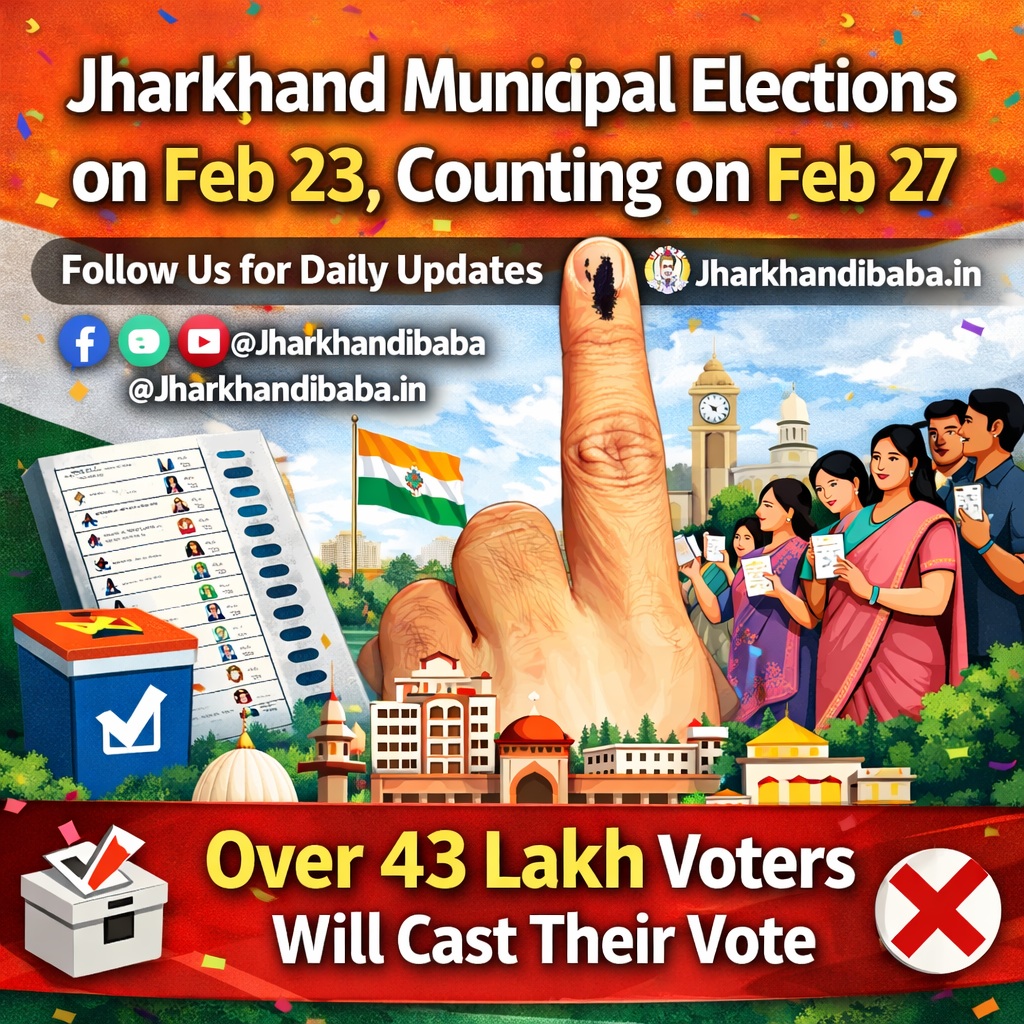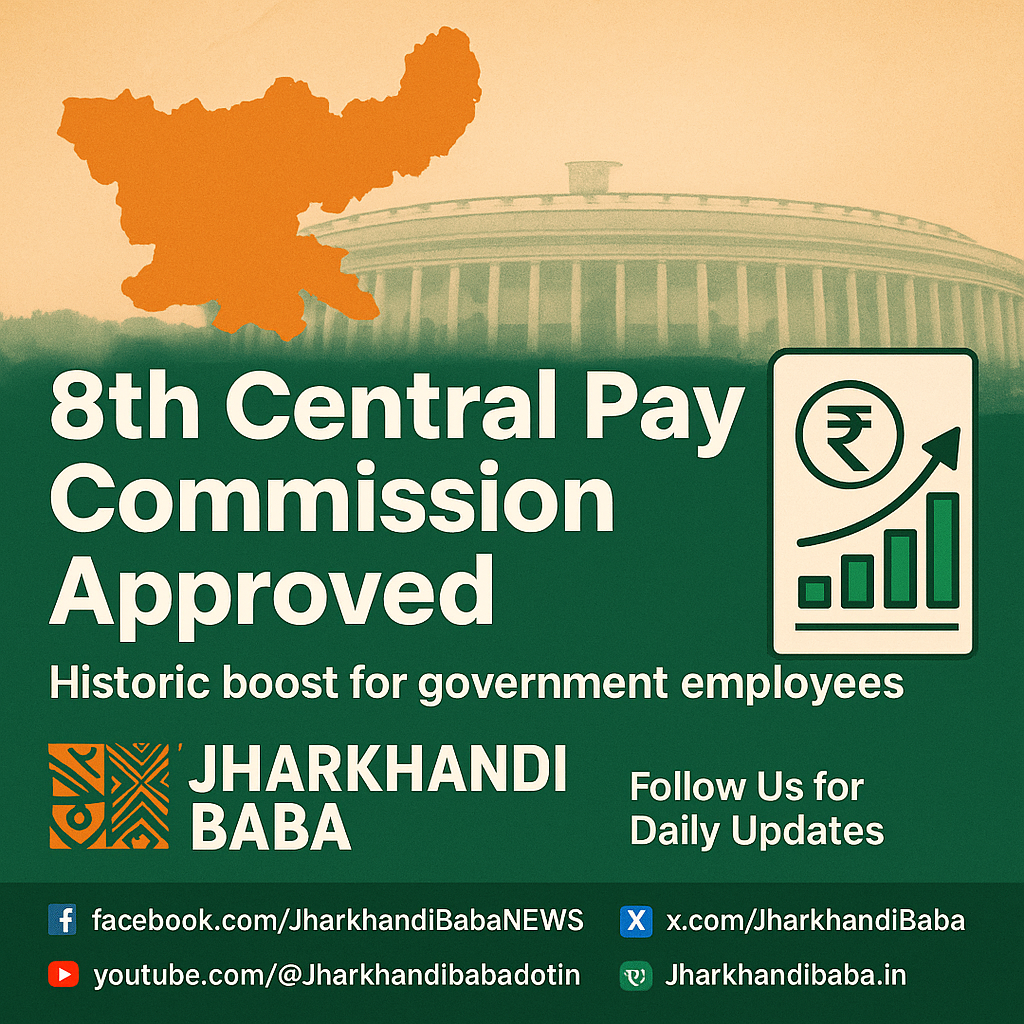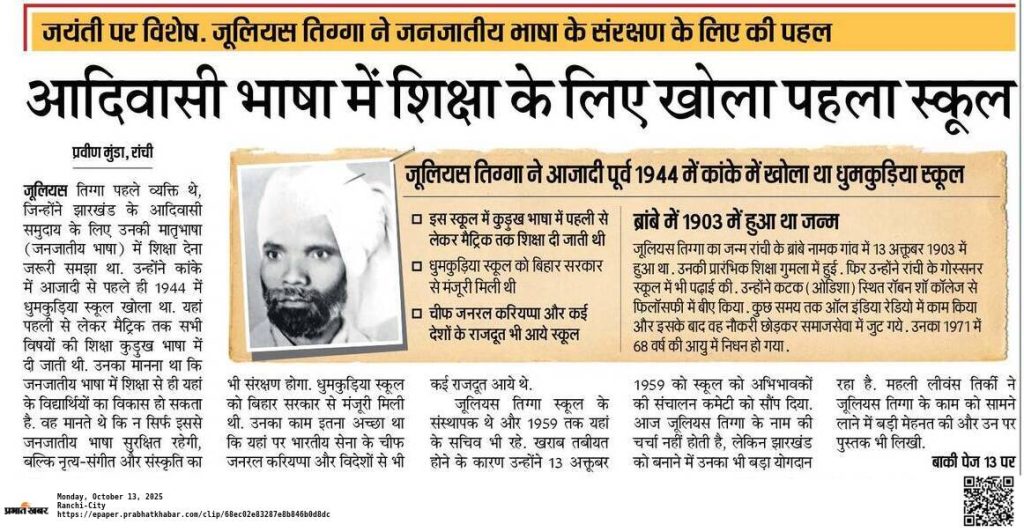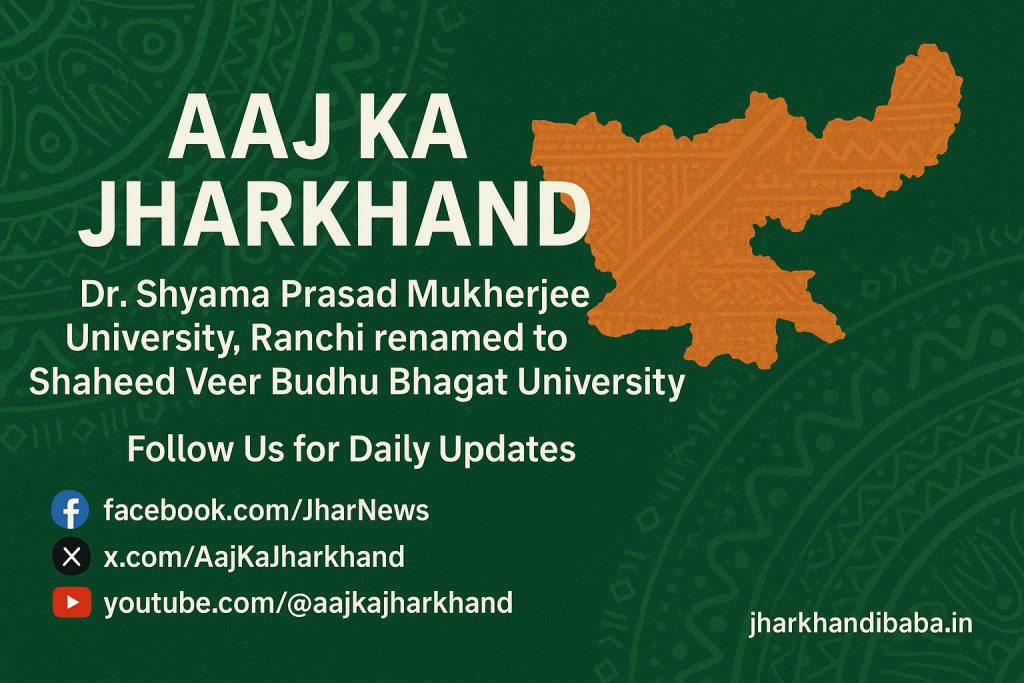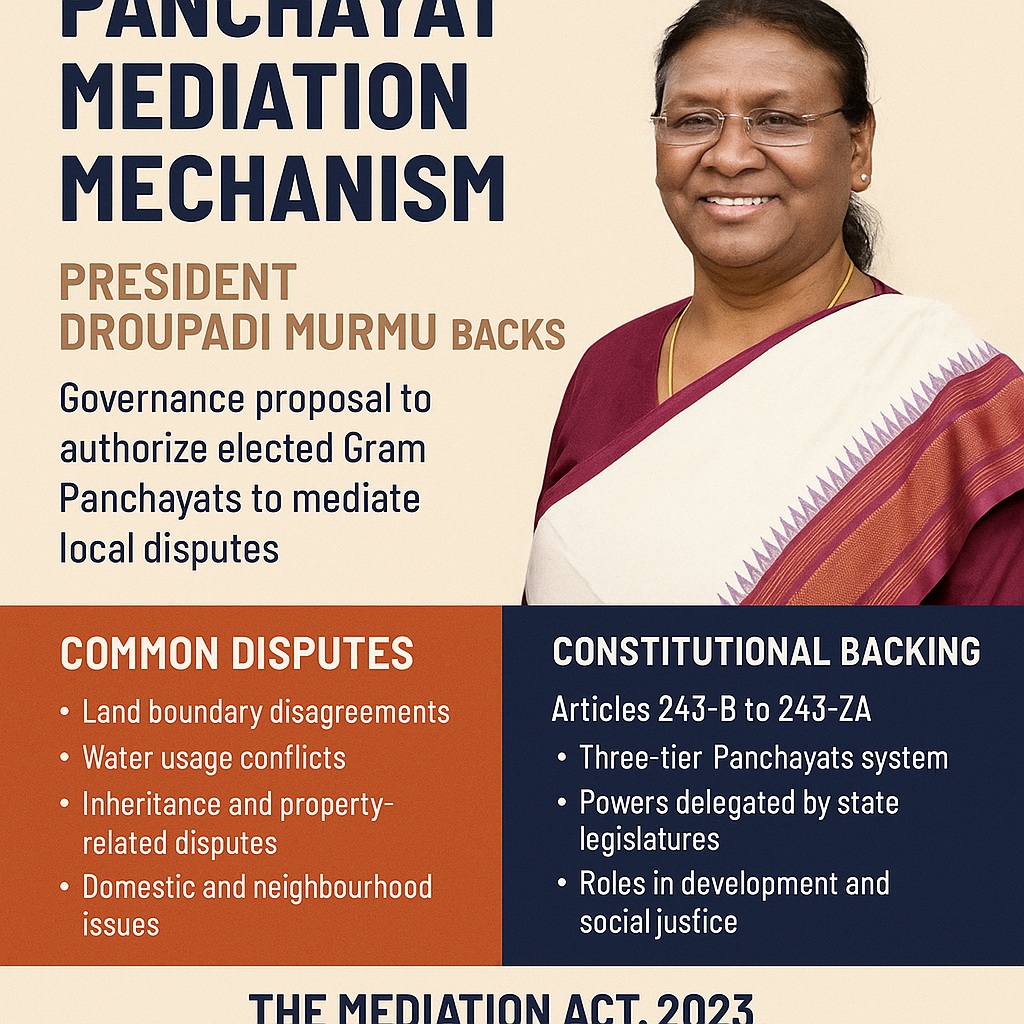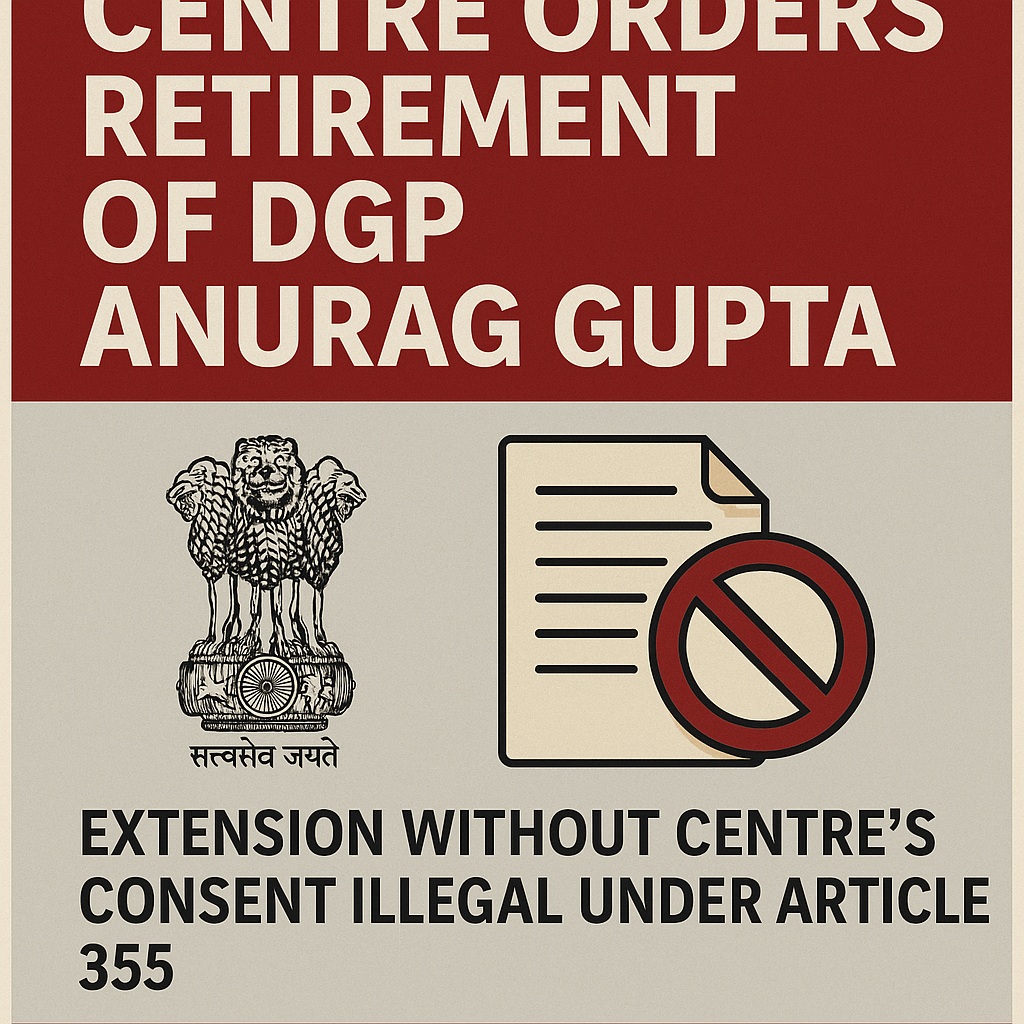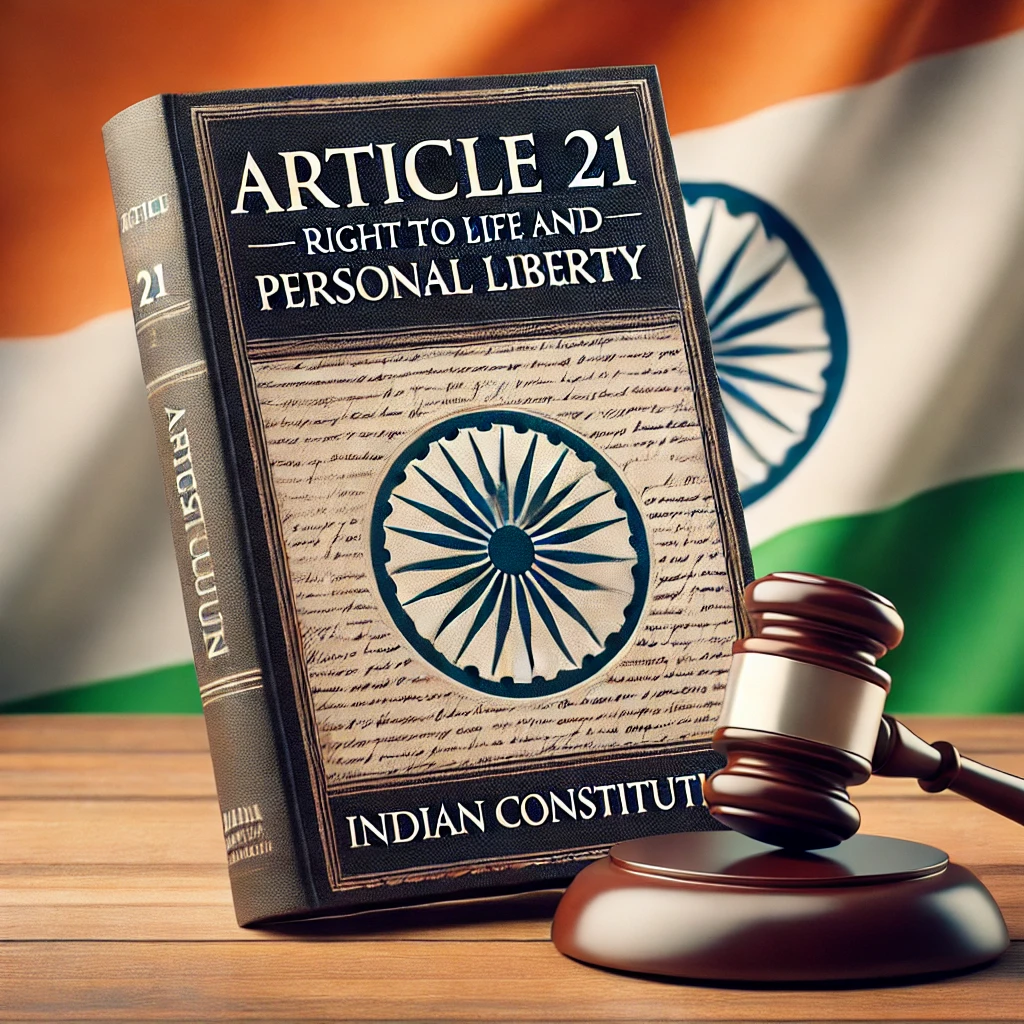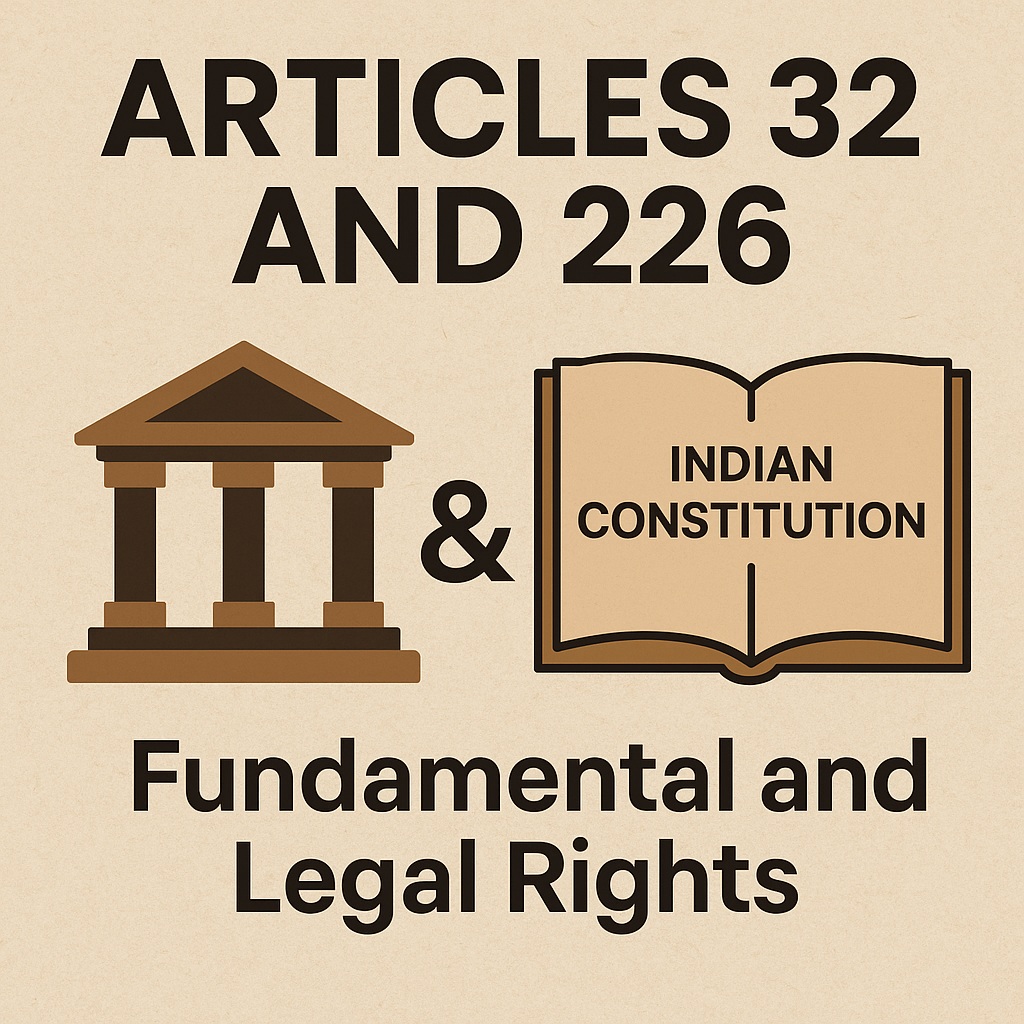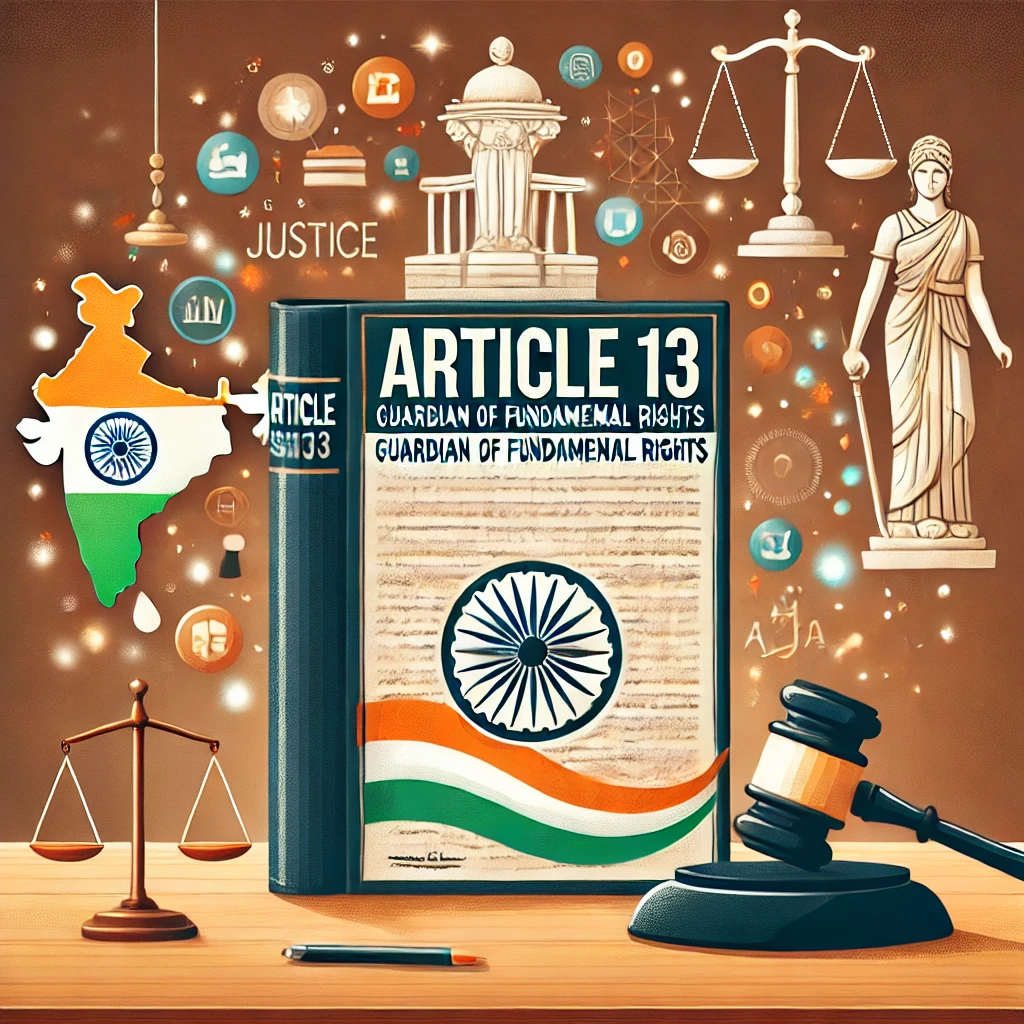8th Central Pay Commission: Cabinet Approves Terms of Reference for 50 Lakh Employees
Julius Tigga: Pioneer of Tribal Education and Adivasi Rights in Jharkhand
Julius Tigga (13 October 1903-1971) was a pioneering tribal educationist, writer, editor, artist, cultural activist, politician, and organizer from Jharkhand. He stands as a towering figure in the first generation of India’s tribal movement, playing a crucial intellectual role in establishing Adivasi politics in India. His contributions to tribal education, journalism, and political activism have left an indelible mark on the history of Jharkhand and the broader Adivasi movement across India.
Shaheed Veer Budhu Bhagat University
📜 Panchayat Mediation Mechanism Backed by President Murmu📜
Panchayat Mediation Mechanism: In a landmark statement advocating grassroots legal empowerment, President Droupadi Murmu voiced strong support for enabling Panchayati Raj Institutions (PRIs) to act as formal mediators for local dispute resolution. Referring to the Mediation Act, 2023, she stressed its compatibility with the constitutional mandate under Articles 243-B to 243-ZA — provisions that give legitimacy and structure to panchayats as decentralised governance institutions.
DGP Anurag Gupta’s Service Extension Stayed
DGP Anurag Gupta was scheduled to retire on 30 April 2025. The Jharkhand Government, however, extended his service tenure till July 2026 without seeking prior approval from the Central Government. This move contravened established norms regarding All India Services, prompting a swift response from the Centre.
Articles of the Constitution: Article 21
Articles of the Constitution: Articles 32 and 226
In the context of Indian Constitutional Law, Articles 32 and 226 are often called the “heart and soul” of the Constitution by Dr. B.R. Ambedkar. These articles are vital in safeguarding citizens’ Fundamental Rights. Whether you’re a law aspirant, preparing for JPSC, JSSC, or just interested in Jharkhand current affairs, understanding these provisions is essential.
Articles of the Constitution: Article 13
Article 13 of Indian Constitution serves as a protective wall guarding the fundamental rights enshrined in Part III of the Constitution. It acts as a constitutional checkpoint, ensuring that no law — whether pre-existing or newly formulated — can infringe upon these guaranteed rights.
Its significance cannot be overstated for aspirants of JPSC, UPSC, and other competitive exams. Understanding this article is crucial for interpreting the judicial activism, rights enforcement, and the balance of powers in Indian democracy.

